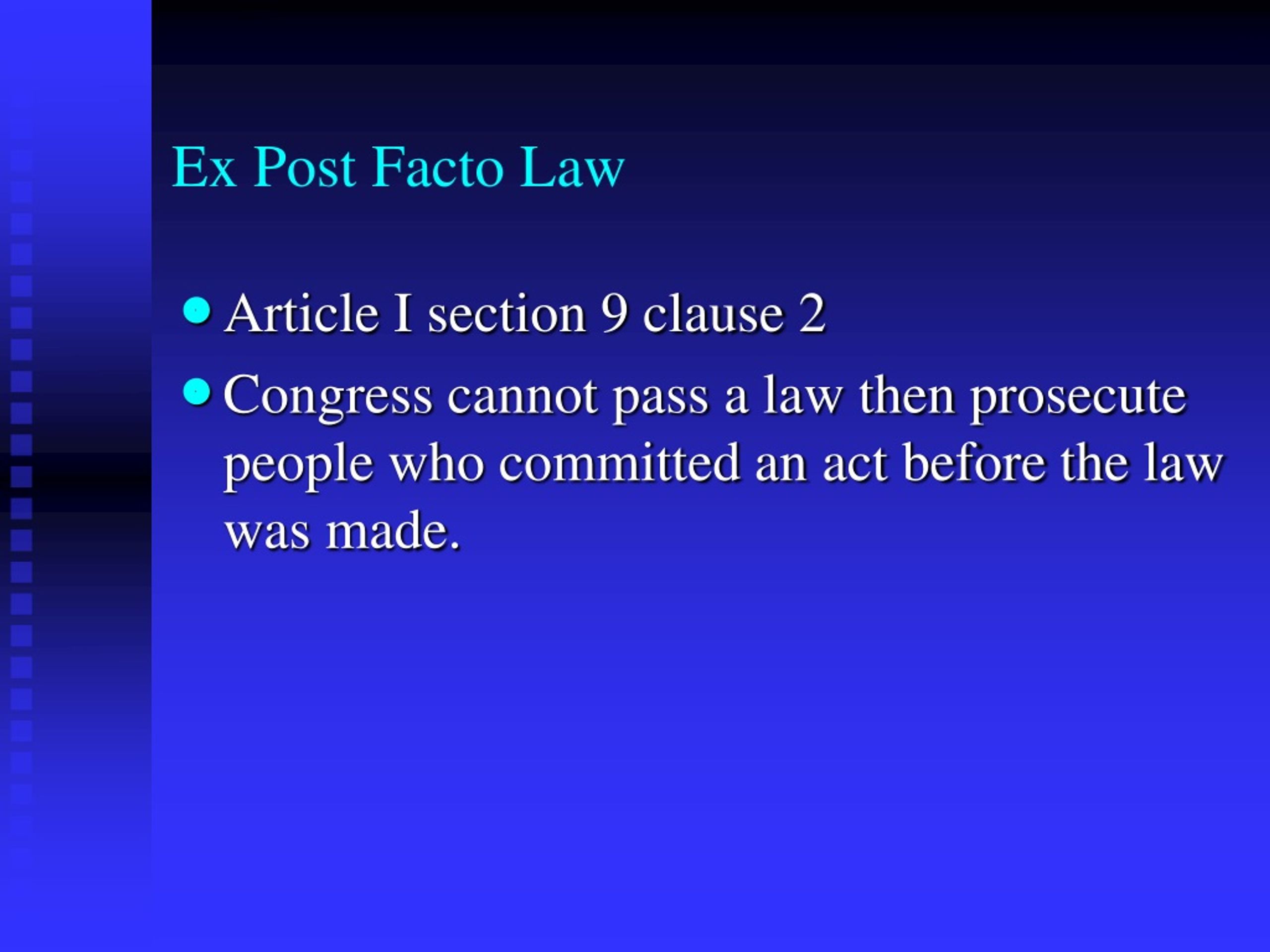

257, 262 (1872) (holding, in a challenge to a loyalty oath for jurors, that it would have raised constitutional concerns if a juror was excluded solely for past conduct, simply because he had sympathized with or aided the rebellion during the war, but that it was permissible to exclude a juror who also refused to take because he was still a more bitter rebel than ever, the avowal of such a feeling was inconsistent with the upright and loyal discharge of his duties). For additional discussion of Cummings and Garland, see ArtI.S9.C3.1 Historical Background on Bills of Attainder. In a related case, Ex parte Garland, the Court applied its reasoning in Cummings to strike down a similar federal law. Based on that holding, the Supreme Court invalidated the provision as an unconstitutional bill of attainder. at 320 (The oath requirement was exacted, not from any notion that the several acts designated indicated unfitness for the callings, but because it was thought that the several acts deserved punishment, and that for many of them there was no way to inflict punishment except by depriving the parties, who had committed them, of some of the rights and privileges of the citizen.). The Court held that the purpose and effect of the challenged provision was to punish a group of individuals who had been disloyal to the United States by effectively permanently excluding them from the covered professions. That case involved a post-Civil War amendment to the Missouri constitution that required persons engaged in certain professions to swear an oath that they had never been disloyal to the United States. Justice William Paterson opined, the power of confiscation and banishment does not belong to the judicial authority, whose process could not reach the offenders: and yet, it is a power, that grows out of the very nature of the social compact, which must reside somewhere, and which is so inherent in the legislature, that it cannot be divested, or transferred, without an express provision of the constitution. The Court declined to strike down the law. A former resident of Georgia living abroad who had allegedly supported the British during the Revolutionary War argued that the statute violated the Georgia state constitution, which did not expressly bar enactment of bills of attainder. In an earlier case, the Supreme Court considered a challenge to a Georgia statute enacted before the federal Constitution was ratified that punished treason through banishment and confiscation of property without a judicial trial. The Supreme Court applied the constitutional prohibition on state bills of attainder in a Reconstruction-era case, Cummings v. 277 (1866), a case involving the state Bill of Attainder Clause, to support its application of the federal Bill of Attainder Clause. The Supreme Court has interpreted the federal and state bill of attainder prohibitions as having the same scope.

For discussion of the prohibition on federal bills of attainder and further information on the historical roots of the federal and state Bill of Attainder Clauses, see ArtI.S9.C3.1 Historical Background on Bills of Attainder. 2 Footnoteįor the prohibition on federal bills of attainder, see U.S. The Constitution includes two separate clauses respectively banning enactment of bills of attainder by the federal government and the states. No State shall enter into any Treaty, Alliance, or Confederation grant Letters of Marque and Reprisal coin Money emit Bills of Credit make any Thing but gold and silver Coin a Tender in Payment of Debts pass any Bill of Attainder, ex post facto Law, or Law impairing the Obligation of Contracts, or grant any Title of Nobility.Ī bill of attainder is legislation that imposes punishment on a specific person or group of people without a judicial trial.


 0 kommentar(er)
0 kommentar(er)
